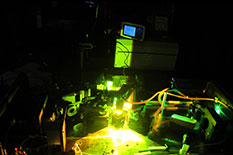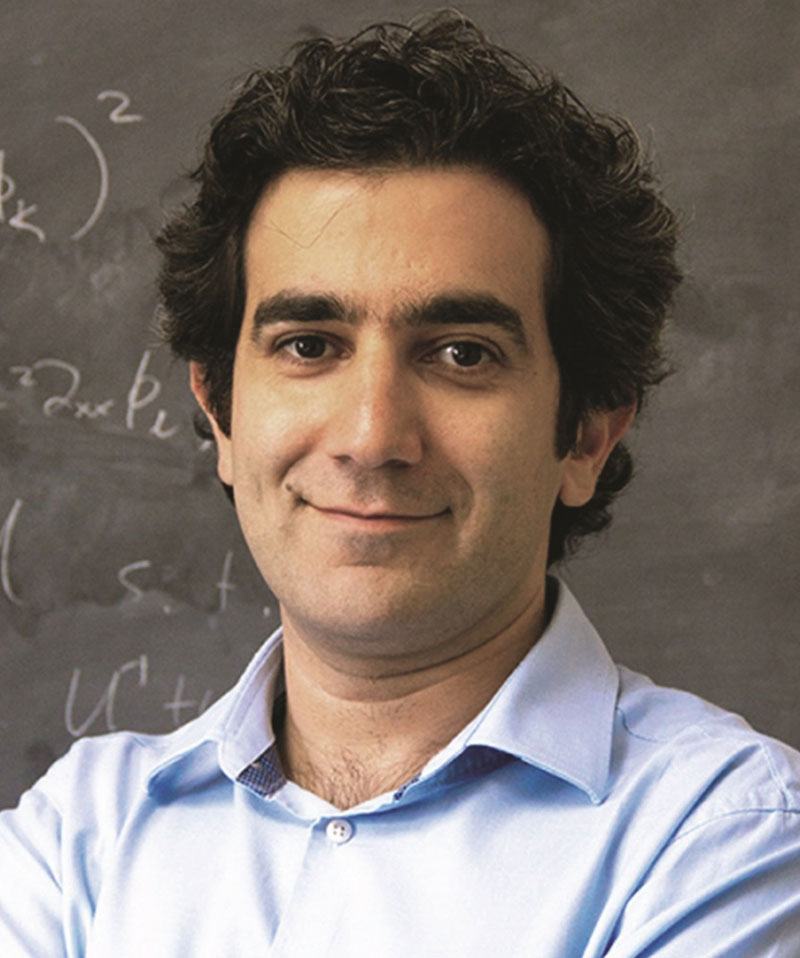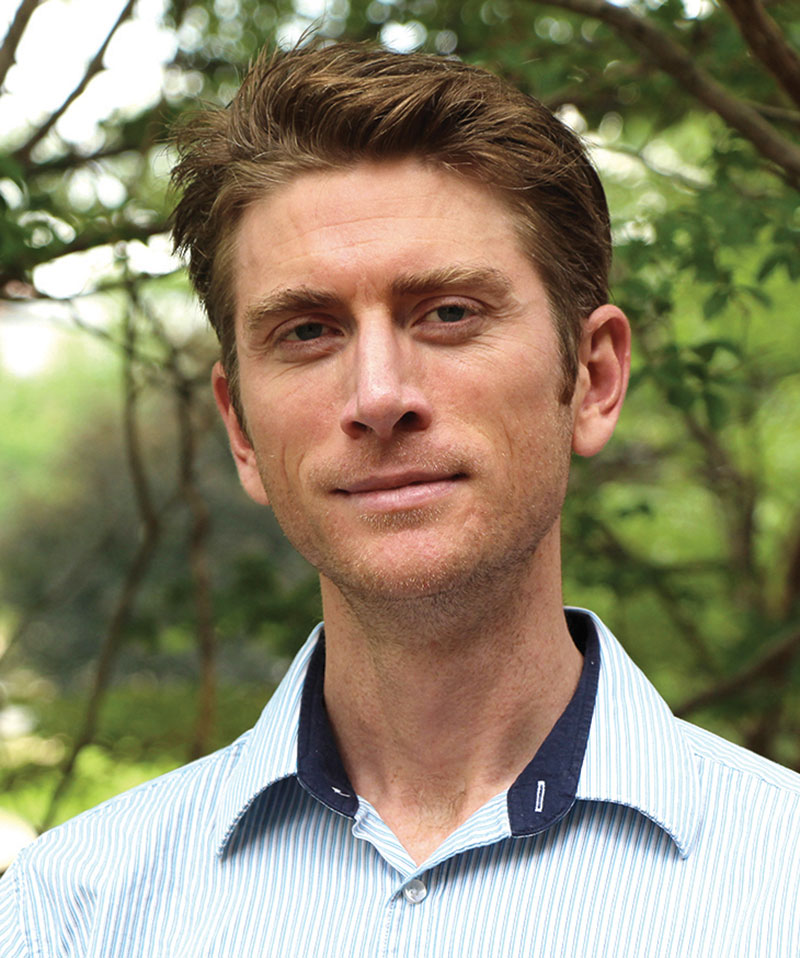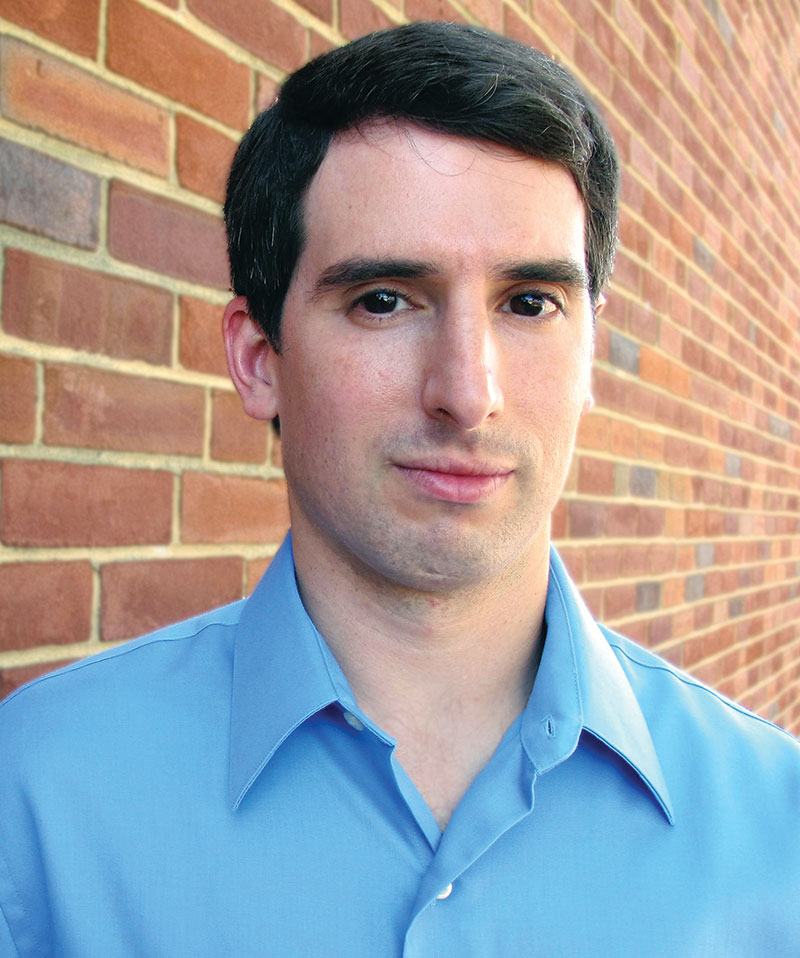Three Clark School Professors Receive Competitive DURIP Grants
Three faculty members of the University of Maryland's A. James Clark School of Engineering have received funding through the highly competitive Defense University Research Instrumentation Program (DURIP). DURIP supports university research in technical areas of interest to the Department of Defense (DoD) by providing funding for state-of-the-art research instrumentation necessary to carry out high-quality, cutting-edge research.
“Wide-Band Ultrafast Laser System for Solid-State-Photonic Hybrid Quantum Systems & Laser and Detection System for Topological Light Sources” Dr. Hafezi’s research focuses on nanophotonics and quantum optics. His group investigates quantum properties of light-matter interaction for applications in classical and quantum information processing and sensing. The DURIP funding will allow his group to investigate fundamental aspects of light-matter interaction in solid-state systems, in particular 2D materials, for a wide range of frequencies.
“Interactions of Supersonic Projectiles with Large Droplets and Aerosol-laden Flows” Dr. Laurence and his research team are studying the high-speed, multi-phase flows that occur when supersonic projectiles or vehicles fly through environments containing liquid droplets or solid particulates. Funds from the grant will go towards acquiring equipment that will boost the performance and diagnostic capabilities of a single-stage light-gas gun that is being used in the study. “The facility enhancements and high-speed diagnostic equipment enabled by this award will provide UMD with a truly unique capability for studying high-speed flows under realistic atmospheric conditions," Laurence said.
“Experimental Testbed for a Quantum Router Using Optical Quantum Memory” Dr. Waks’s research focuses on the application of photonic crystals to quantum information processing and the use of photonic crystals for practical tools in optical telecommunication and sensing. This project will develop a low-temperature optical probe station to enable optical quantum memories for quantum networks; the equipment will support an ongoing AFOSR MURI.
January 6, 2021 Prev Next |



 Mohammad Hafezi
Mohammad Hafezi Stuart Laurence
Stuart Laurence Edo Waks
Edo Waks